The Challenge
Children with a strong start in math by age 5 are critical thinkers and problem solvers—and are more likely to have a bright future ahead of them. Research shows that early math is a strong predictor, even more than reading, of academic achievement in elementary school, high school graduation, and college enrollment.
Yet, math is rarely emphasized in early childhood, and low-income and communities of color, in particular, have limited access to early math learning opportunities.
PBS SoCal’s Compton Family Math Initiative aims to create quality resources and experiences that empower families to engage with their children in math early and often. The team at PBS SoCal engaged The Early Learning Lab (The Lab) to build their human-centered design capacity and ensure their family math curriculum and future initiatives would resonate with local families.

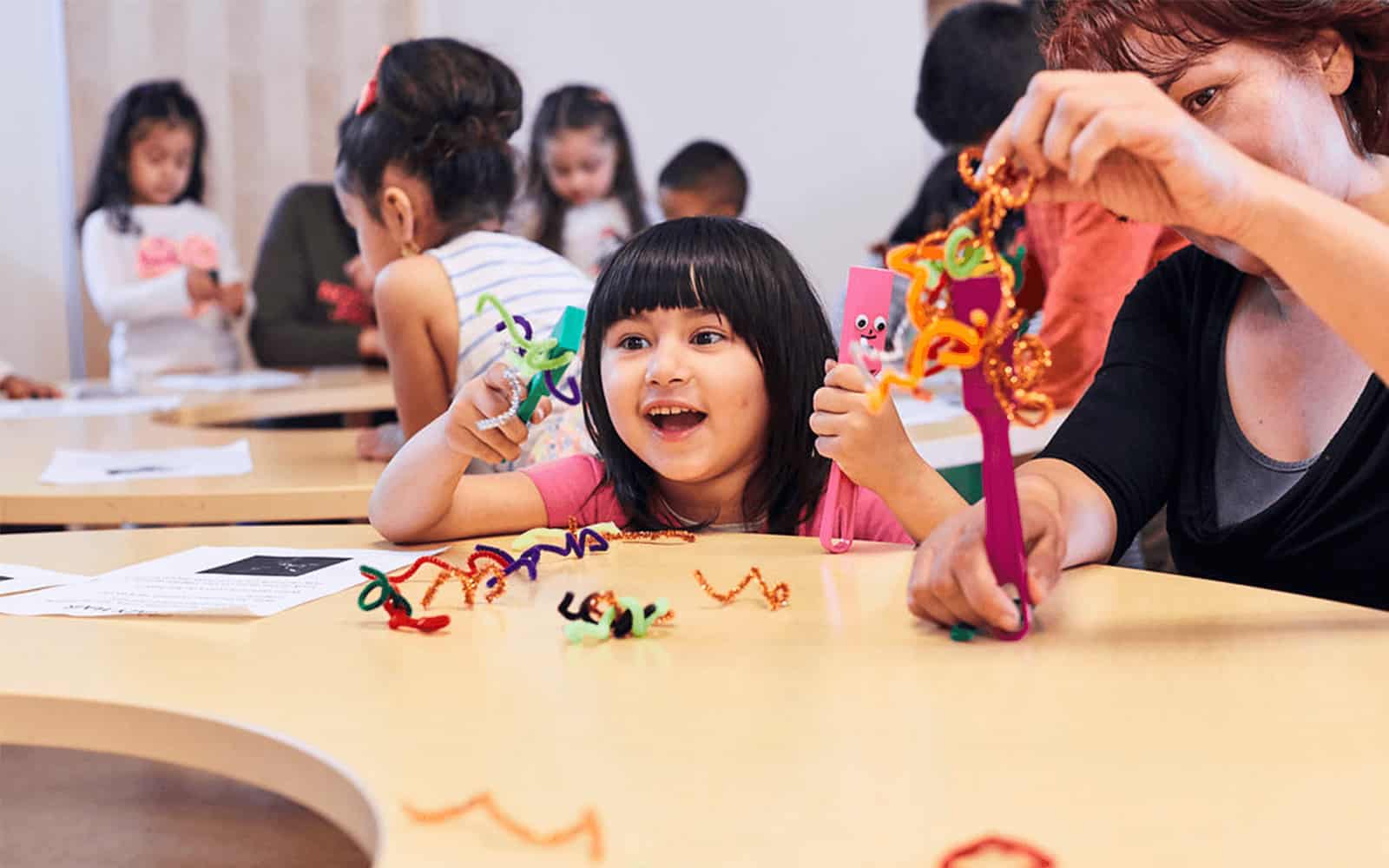
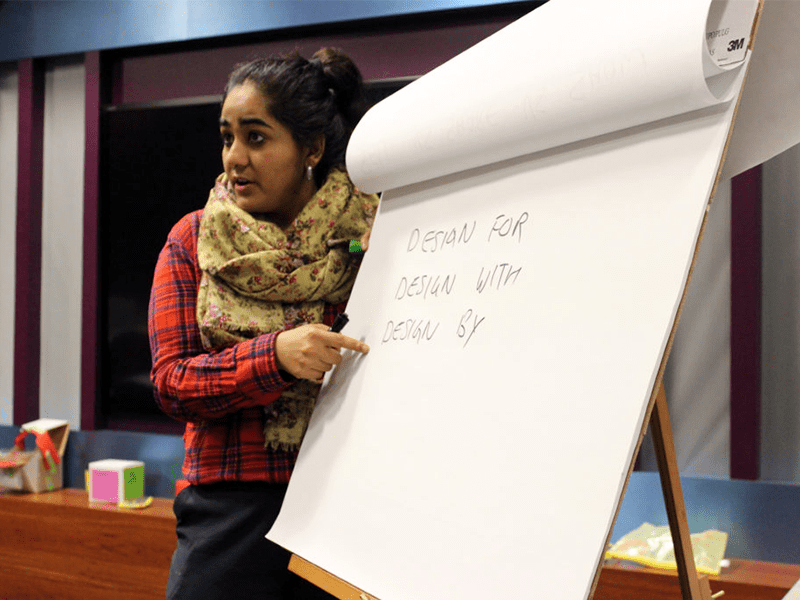
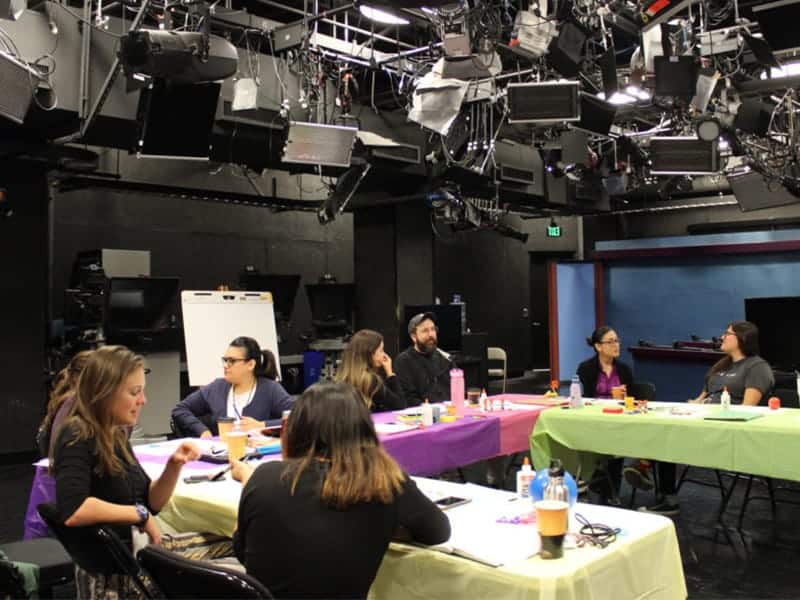
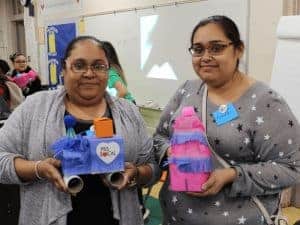 PBS SoCal gained actionable recommendations for designing the family math curriculum as well as guidance on how to use human-centered design to continuously refine programming and keep families at the core of the initiative.
PBS SoCal gained actionable recommendations for designing the family math curriculum as well as guidance on how to use human-centered design to continuously refine programming and keep families at the core of the initiative.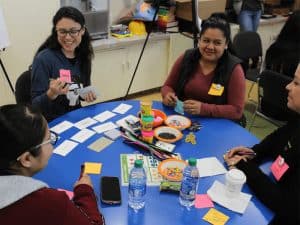 Throughout our research, participating parents demonstrated that they are deeply interested in bringing new life to math for their children by bringing it into their lives. From here, PBS SoCal will leverage the insights from our partnership to develop their family math curriculum to meet the needs of local families.
Throughout our research, participating parents demonstrated that they are deeply interested in bringing new life to math for their children by bringing it into their lives. From here, PBS SoCal will leverage the insights from our partnership to develop their family math curriculum to meet the needs of local families.